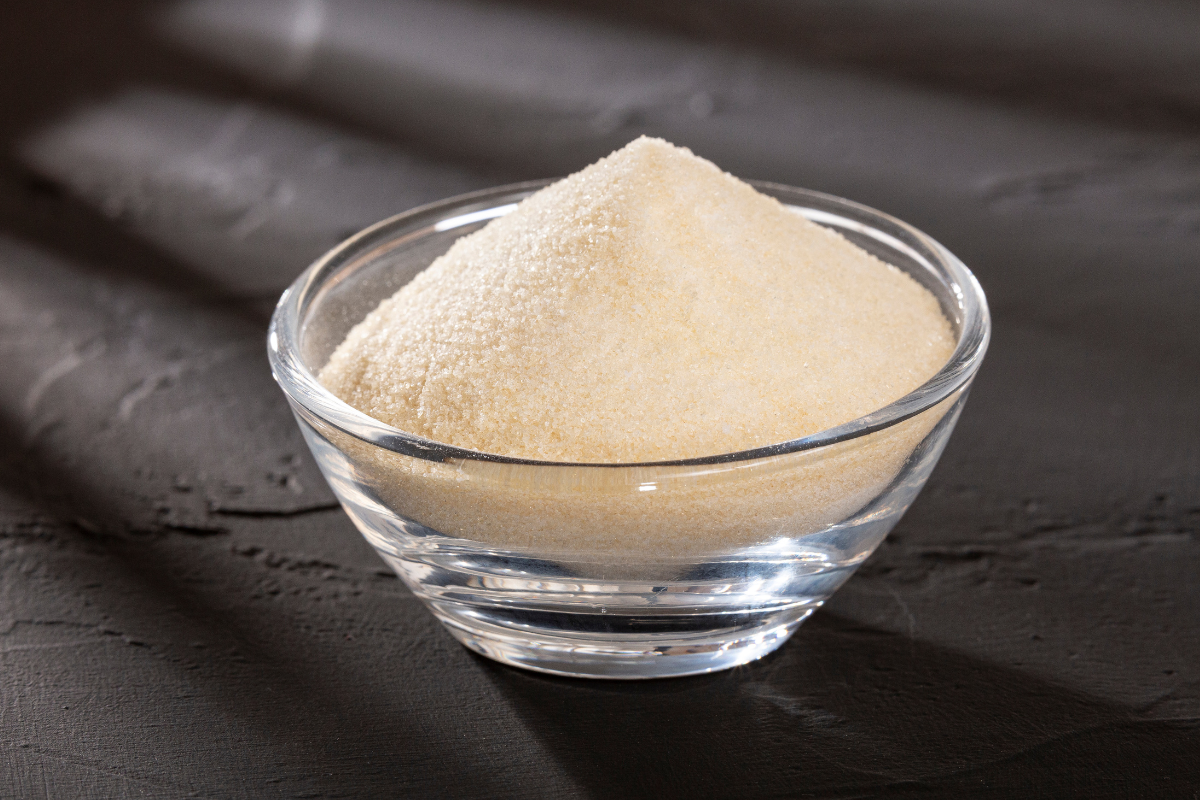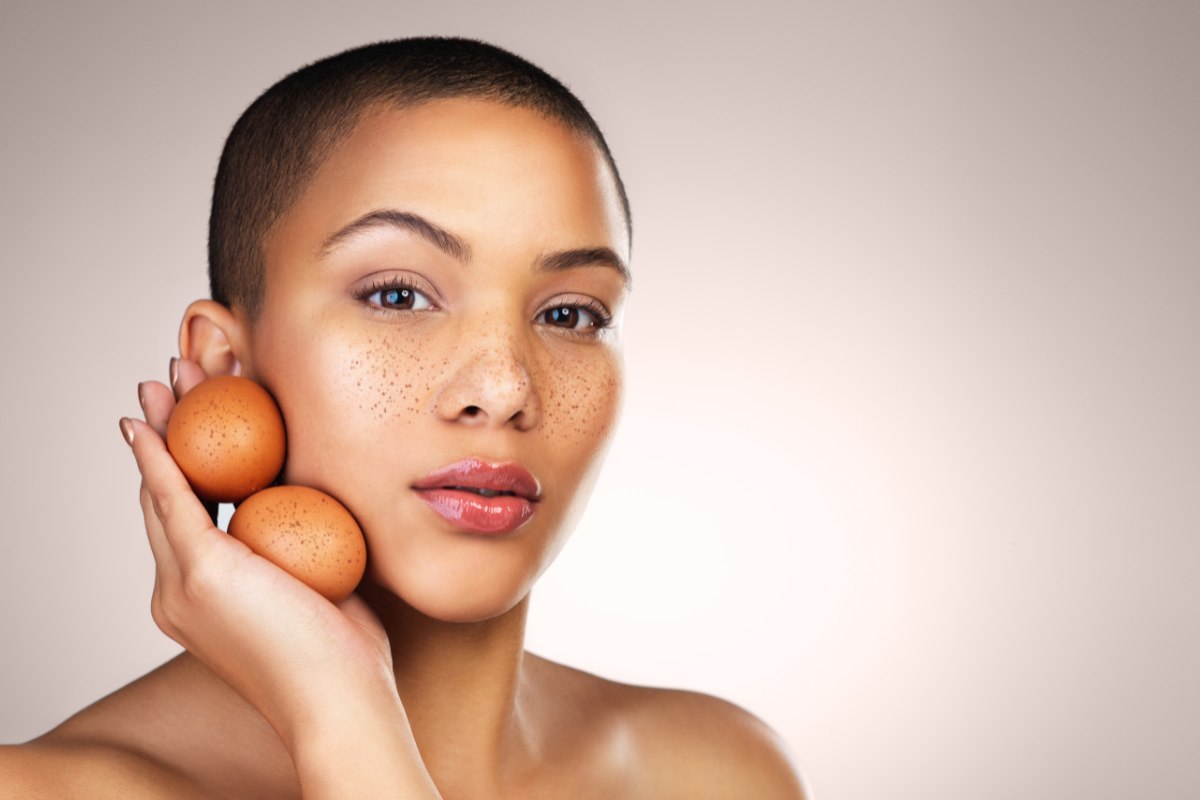Collagen & the effect of the sun on the skin

Collagen & the effect of the sun on the skin
Who doesn't love summer and the sun's warm rays! While all this UV light may be incredibly good for the soul, unfortunately it's not so good for your skin or your collagen levels!
The skin
The skin is much more than just a protective barrier. It is an organ with a surface area of between 1.5–2 square meters. The skin is made up of two major layers, the epidermis (the upper skin) and the dermis (the skin), which rests on a fat layer called the hypodermis (subcutaneous tissue, which is also called the subcutaneous tissue).
Epidermis
The epidermis is a multilayered squamous epithelium that is typically between 0.03 and 0.05 millimeters thick and consists primarily of keratinocytes in progressive stages of differentiation from deeper to more superficial layers. A complete turnover of the epidermis (skin renewal) takes about 2 months.
Dermis
In comparison to the epidermis, the dermis is a complex network containing cellular and acellular components. It contains blood vessels, nerves, hair roots and sweat glands. Collagen, is the major protein structure in the dermis that provides the skin with its durability. Elastin, another important protein structure in the dermis, gives the skin its elasticity.
Fibroblasts are principle cells in the dermis and are responsible for synthesis and degradation of the dermal proteins collagen and elastin.
What is the function of the skin?
The skin acts as a protective barrier against the external environment, maintains the body's homeostasis internally, is important for sensation, thermoregulation and metabolism, but is also central to the social and aesthetic experience.
The appearance of the skin reflects an individual's lifestyle and health, as well as the health of other organs in the body. In addition to being a reflection of internal health, the skin is also affected by external influences, such as smoke, pollution and exposure to ultraviolet radiation, to name a few factors. The result of overexposure to any of these factors contributes to the deterioration of the skin's appearance and function.
How much damage does UV radiation have on our skin?
Ultraviolet light, UVA and UVB are responsible for 90 percent of the symptoms of premature skin aging. Many of the skin changes we associate with aging, such as wrinkles, dryness, flakiness and easy bruising, are largely a result of exposure to UV radiation, yet more than a third of all adults choose to continue sunbathing!
How does the sun affect the body's collagen and elastin?
Collagen is central to the skin's elasticity. Together with elastic fibers and hyaluronic acid, the fiber protein collagen provides the foundation on which we build our skin. Sunlight damages the collagen fibers in the skin, causing them to break down at a faster rate. A study of collagen changes in sun-damaged skin showed that the total collagen content in sun-damaged skin was 20 percent less, compared to skin that had not been damaged by the sun.
Sunlight causes the accumulation of abnormal elastin, which in turn results in the production of large amounts of metalloproteases. Typically, metalloproteases help regenerate sun-damaged skin by producing and reforming collagen . However, the production of large amounts of metalloproteases can reduce their effectiveness and cause collagen to break down. This means that the result of the repetition of this imperfect rebuilding process contributes to the development of wrinkles.
Exposure to the sun's ultraviolet radiation also damages fibers in the skin called elastin. As these fibers break down, the skin loses its elasticity, causing sagging skin and the formation of wrinkles.
Why should more people take dietary supplements with collagen after the age of 25?
Already at the age of 25, the body begins to produce less collagen and elastin with each passing year. When these naturally declining collagen and elastin levels are combined with damaged skin, the result is loss of moisture, development of fine lines and reduced elasticity.
Which collagen is best?
If you want to try a collagen supplement, we recommend our collagen powders. Our food supplements are free from additives and other unnecessary ingredients and contain only pure collagen peptides in combination with other important nutrients, vitamins and minerals for health and beauty.
- Tags: Hud/Skin Kollagen/Collagen






